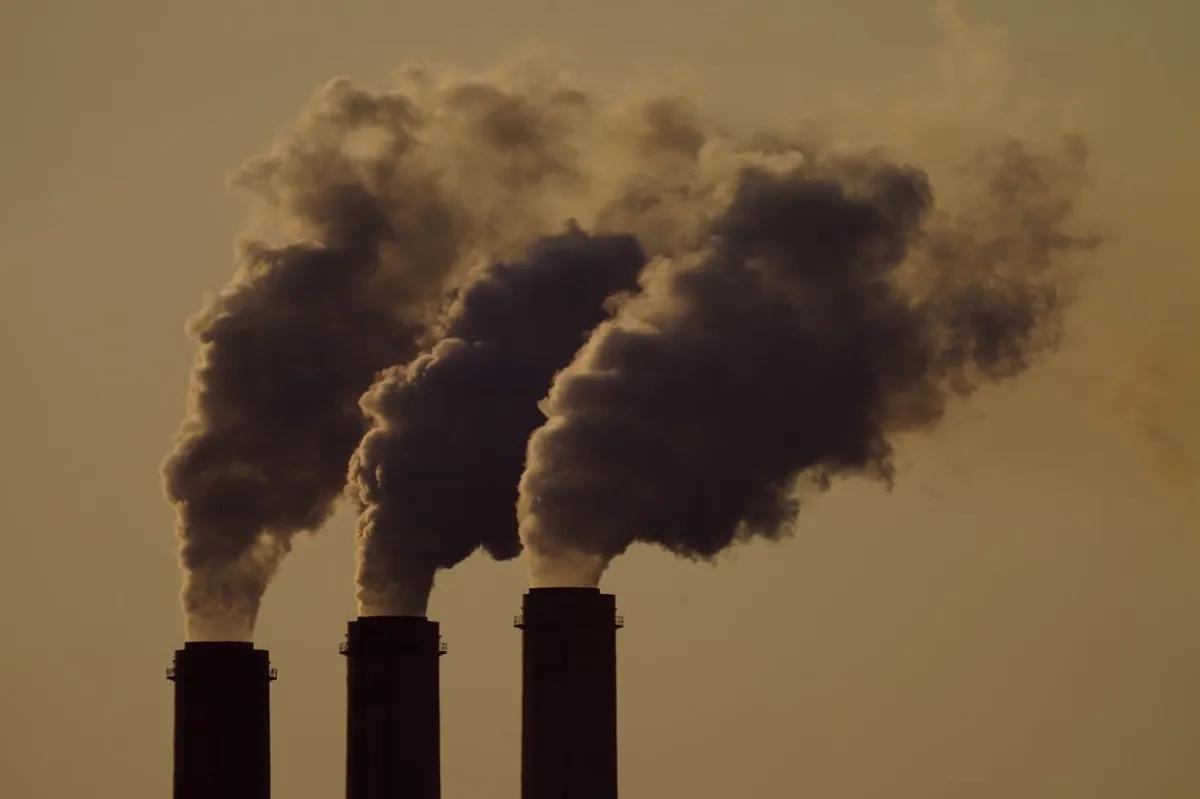Humanity Needs to Come Together for the Planet's Health
I arrived back in Malaysia in late March 2020 after more than a decade working overseas with the United Nations, and then the International Federation of the Red Cross. Thankfully, I made it in before the borders closed so that I could be back in a country I am proud to call home.
Covid-19 has upended our lives in ways which would have seemed surreal two years ago. With the accelerated vaccination programme, we now join the ranks of countries ready to open up, returning to some semblance of normality.
But as we do that, we must take a moment to reflect on what has shifted while we stared at the world through our screens for more than a year, and to think about what has shared the headlines with Covid-19 at home and globally. Trying to keep up with the statistics is exhausting, frustrating and often frightening. If Covid-19 was a dress rehearsal for what is coming next then it’s clear that we need to rewrite the plot:
- The planet is getting hotter – by more than 2ºC by the end of the century if we don’t get our carbon emissions down immediately.
- Oceans are warming. Coral reefs are dying and taking giant, beautiful and essential ecosystems with them.
- Forests are burning in more places with fury, releasing gigatons of CO2 emissions into the atmosphere, accelerating global warming.
- Methane, a gas that is 25 times more potent at trapping heat than CO2, is being released at faster rates as permafrost melts and our appetite for red meat increases (livestock is one of the biggest emitters of methane).
- Plastic is choking land and sea. The Great Pacific Garbage Patch measures 1.6 million sq km – an area five times the size of Malaysia.
- Unsustainable farming practices are destroying our relationship with other species that are essential to our health.
- Our desire for “things” is outstripping the planet’s ability to sustainably provide them; the most recently released phone, the newest car, the latest trend in fashion.
- Our greater proximity to the animal world – resulting from forest destruction and intensive farming – is causing virus spillovers like SARSCoV2.
Against this backdrop, and as the conditions brought about by the pandemic ease, we are keen to “get back to normal” as soon as possible. The pandemic has provided us with a collective stop-and-think moment, an opportunity to reconsider what an ideal “normal” looks like. Planetary health, a new approach to addressing the current existential crisis, is something I am passionate about. It emphasises humanity coming together, assuming greater responsibility for our collective actions, working with a stress on equalising responsible access to and use of the finite resources that planet can offer us, underwritten by the need to act urgently.
But, interestingly, our region, which is responsible for its share of the multifaceted crisis we are facing, is comparatively quiet when it comes to solutions. We need to change that. We, the people of the Asian and Pacific regions, need to provide leadership in solving planetary health problems. I want knowledge and learning to be made available so that it helps us all to make sensible and well-informed decisions about what we as individuals, communities, states and countries can do to improve the health of the planet and thus ensure our own health.
For me, a planetary health approach means focusing on helping our part of the planet do our bit to achieve the highest attainable standards of health, wellbeing, and equity, all within safe environmental limits. We need to work with activists and scientists here in Malaysia, in the region and across the world to support, and where needed, push our leaders to focus with greater urgency and a sense of purpose on how our political, economic and social systems must change to truly protect us and the earth’s natural systems so that both can thrive.
It is clearly past the time to act – to advance our wellbeing, the declining state of planet Earth can no longer be ignored.
Over the next 12 months I will be sharing my thoughts on planetary health through this monthly column, asking for your engagement as we start to work across what I see as the five top priorities which will affect all of us if we don’t act now: preventing the next pandemic, tackling the climate emergency, creating healthy cities, achieving food security, and promoting fairer economies.
I hope you will respond to this critical call for action and join me as we start this urgent and difficult journey.
We are a small country, but we have proved our determination on many occasions. As we come out of this pandemic, we cannot simply heave a sigh of relief and return to “normal”. We must prepare ourselves for the challenges to come and thrive amidst adversity.




